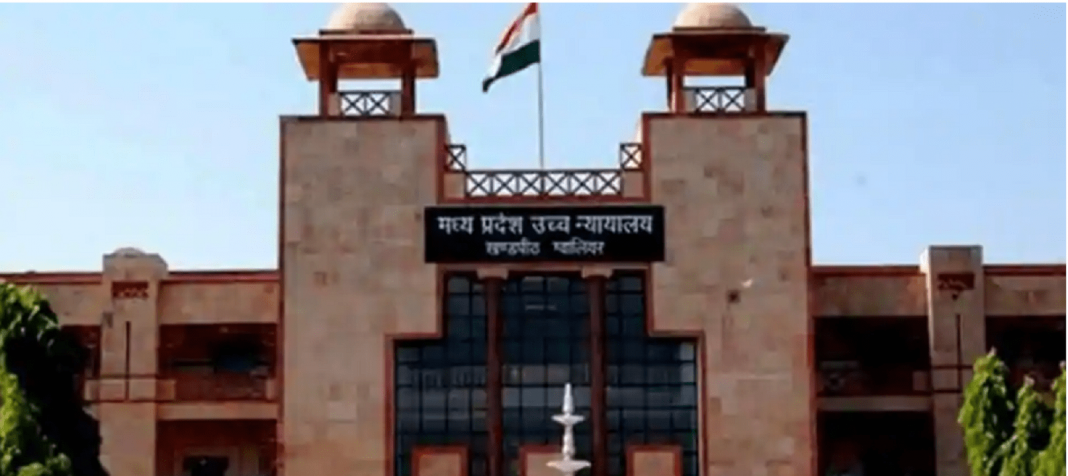The Jabalpur Bench of Madhya Pradesh High Court dismissed a contempt petition filed for voluntary disobedience and breach of an order dated May 11, 2017 passed in W.P.No. 3703/2017. The Court had directed respondent/Competent Authority to decide the representation of petitioner, Mohamad Ibrahim, within a further period of two months from the date of receipt of representation along with certified copy of the order. The petitioner filed this contempt petition on 16.2.2021.
A single-judge bench of Justice Vishal Dhagat while considering the contempt petition relied on the Supreme Court’s three judges bench judgement in Dr. L. P. Mishra Vs. State of U.P. reported in (1998) 7 SCC 379 in which the Apex Court held in para 12 as under:- “12. After hearing learned counsel for the parties and after going through the materials placed on record, we are of the opinion that the Court while passing the impugned order had not followed the procedure prescribed by law. It is true that the High Court can invoke powers and jurisdiction vested in it under Article 215 of the Constitution of India but such a jurisdiction has to be exercised in accordance with the procedure prescribed by law. It is in these circumstances the impugned order cannot be sustained.”
Justice Vishal Dhagat further relied on the case of Pallav Sheth Vs. Custodian and others-(2001) 7 SCC 549 in para 31 Apex Court held as under:- “31. This Court has always frowned upon the grant or existence of absolute or unbridled power. Just as power or jurisdiction under Article 226 has to be exercised in accordance with law, if any, enacted by the legislature, it would stand to reason that the power under Article 129 and/or Article 215 should be exercised in consonance with the provisions of a validly enacted law. In case of apparent or likelihood of conflict the provisions should be construed harmoniously.”.
The High Court therefore held that jurisdiction under Article 215 of the Constitution shall not be exercised to make provision of Section 20 of Contempt of Court Act, 1971 otiose nor Section 20 be interpreted strictly to render power under Article 215 of the Constitution nugatory.
Article 215 of the Constitution and Section 20 of Contempt of Court Act is to be construed harmoniously and only in exceptional or blatant cases of contempt High Court shall exercise power beyond the period of one year limitation period. Section 20 does not bar jurisdiction of the High Court to take cognizance of contempt but self imposed restriction to exercise jurisdiction under Article 215 of the Constitution to entertain civil contempt, observed the Court.
The Court noted that in exceptional circumstances only, the Court can exercise its power for initiating contempt beyond the period of one year and not as a general rule.
“Powers under Article 215 of the Constitution of India are to be exercised keeping in view Section 20 of Contempt of Courts Act, 1971. Limitation for filing contempt under Section 20 is of one year. In exceptional circumstances, this Court can exercise its power for initiating contempt beyond the period of one year. The petitioner is unable to show any exceptional or extraordinary circumstances so that this Court can exercise its jurisdiction under Article 215 read with Section 20 of the Contempt of Courts Act to initiate proceedings even after limitation provided for filing of contempt petition case is over,” the order reads.


